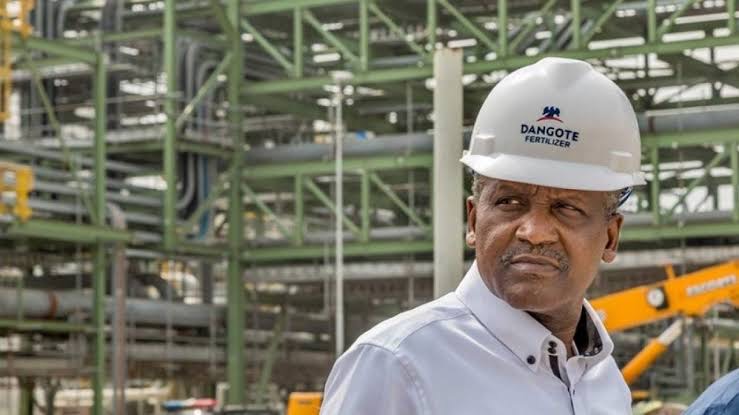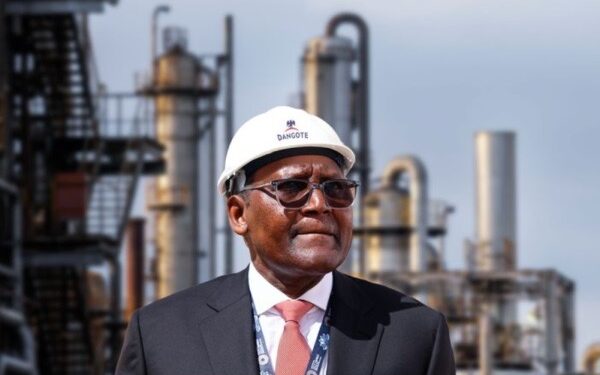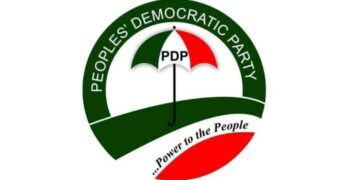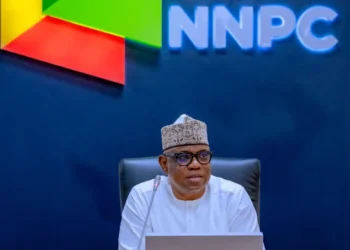Nigerian National Petroleum Corporation (NNPC) Limited has been under intense scrutiny amid rising tensions between Dangote Industries Limited, the owner of the Dangote Refinery, and international oil companies (IOCs) operating in Nigeria.
The dispute centres on the issue of crude feedstock for the Dangote Refinery, which is set to be Africa’s largest single-train refinery. NNPC Limited acquired a 20% stake in Dangote Refinery worth about $2.76 billion in 2022. Details of the failed transaction are contained in the audited financial report of NNPC Ltd.
It said the state-owned company had pledged 300,000 barrels per day (bpd) of crude oil as repayment for the loan. NNPC is struggling to deliver on its promise to produce 300,000 barrels per day (bpd) of crude oil and acquire a 20 percent stake in the Dangote refinery, sources told Journalists.

“NNPC has not paid for 300,000 barrels per day of raw materials as a $1.7 billion equity contribution, but somehow the responsibility has been shifted to IOC, who typically enter into five- to seven-year contracts with European refiners well in advance,” Lagos-based economist Kelvin Emmanuel told Journalists. He added: “In fact, since the opening of the refinery, IOC has sold more oil to Dangote than NNPCL. If they are selling at a $6 premium to Platts, they need to step up to offer a spot already.”
According to Emmanuel, NNPCL’s inefficiency and lack of transparency are singlehandedly responsible for most of the financial problems facing Nigeria today. “Without supplying crude feedstock to commercial refineries, Nigerians are unlikely to benefit from the comparative advantages that a refinery of this size brings,” Emmanuel further said.
An oil trading executive, on condition of anonymity, said NNPCL’s cash crude deals with some counterparties were affecting supplies to local refineries. He noted that one of the loans, called “Project Gazelle,” was putting a huge strain on the Nigerian economy. “I don’t like commodity-backed loans or forward sales contracts, which amount to the financialization of future oil and gas assets.
It’s an anomaly in the state art,” the source said.

On August 16, 2023, NNPC secured a $3.3 billion emergency loan for oil repayments to help support the naira and stabilize the foreign exchange market. NNPC said it would make forward sales of 90,000 barrels per day of Nigeria’s offshore crude share under production sharing agreements (PSCs) with the oil majors to repay the debt.
“Local refineries such as Dangote Refinery and Modular Refinery are unable to access crude oil due to the current issues with Nigeria’s oil production and have mortgaged 30 percent of Nigeria’s production for cash deals,” said Charles Ogbeide, an energy analyst at the Lagos-based investment bank. There is an apparent reluctance to supply Dangote Refinery, but this is countered by pressure on IOCs by the Nigerian Upstream Petroleum Regulatory Commission (NUPRC).
On March 26, the NUPRC announced its intention to introduce a “domestic crude supply obligation” that would require Nigerian crude suppliers to supply their products to local refineries before exports are allowed.
On June 24, Dangote’s vice president, Devakumar Edwin, said the provision was included in the Petroleum Industry Act, 2021, but it did not include a price component.
“Local refineries must be prepared to buy crude at international prices,” he said.
“If crude producers can get higher export prices, they are free to export.”
One oil trader told Reporters that the rule does not include an “absolute obligation” to supply crude to the domestic market. It does not make commercial sense. The crackdown coincided with plans by most international oil companies, including Total Energy Corp., ExxonMobil Corp., and Eni Corp., to exit Nigeria. The three companies are currently in the process of selling their onshore and shallow-water assets to Nigerian players, but most are facing delays, resistance, and even legal challenges.
Chevron remains active and continues to establish supply relationships with refineries. A company spokesman expressed support for the policy in a June 10 speech. “Chevron supports the efforts of the Nigerian Upstream Petroleum Regulatory Commission (NUPRC) to ensure crude oil supplies to local refineries on a transparent and commercially viable basis,” he said.

































